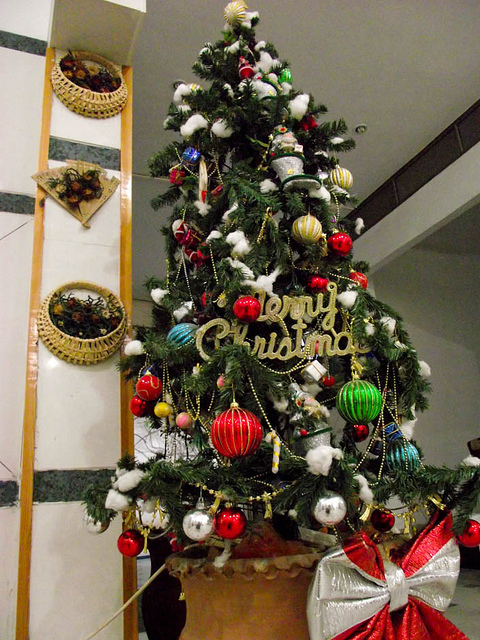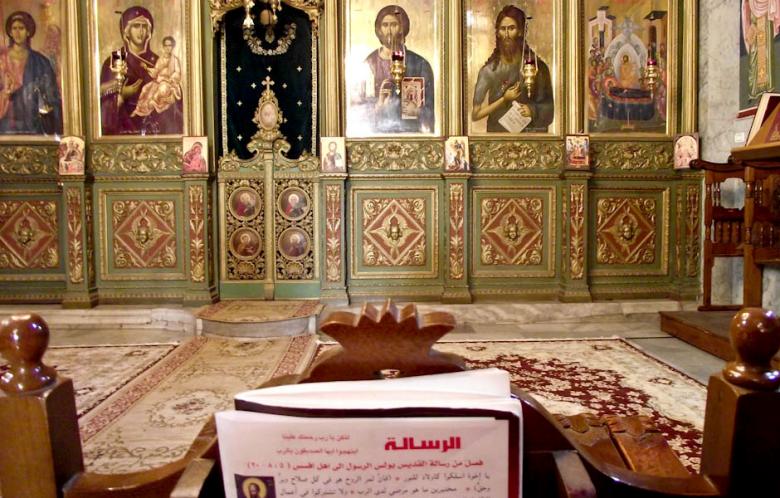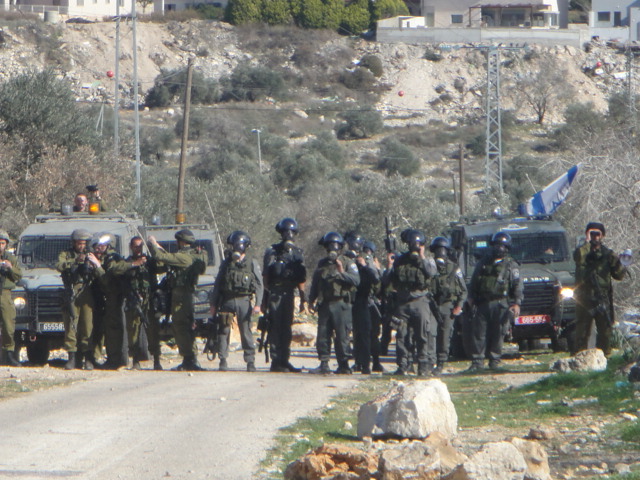Year: 2011
-
Merry Christmas from Gaza
by Shahd Abusalama 25 December 2011 | Palestine from My Eyes When I was a very young girl, I used to climb the window and stretch my arm out, trying to collect some rain in my small hand, then sip it, believing that it was the purest ever. I remembered this as I was listening…
-
Christmas in Gaza
by Ruqaya Izzidien 24 December 2011 | Al Akhbar English This Christmas marks the third anniversary of the 2008-2009 Israeli war on the Gaza Strip; a winter in which 19-year-old Ramy El Jelda saw his home bombed just two days after Christmas. He returned to the site a couple of days later to find his…
-
Kufr Qaddoum: Demonstrators photograph military violence despite their weapons and cameras
by Amal 23 December 2011 | International Solidarity Movement, West Bank The demand in Kufr Qaddoum for their main road to be reopened continues. Today’s demonstration exceeded the number of participants in the past few protests. Approximately 200 people joined together against this illegal street closure. Many of the supporters came from different parts of…



